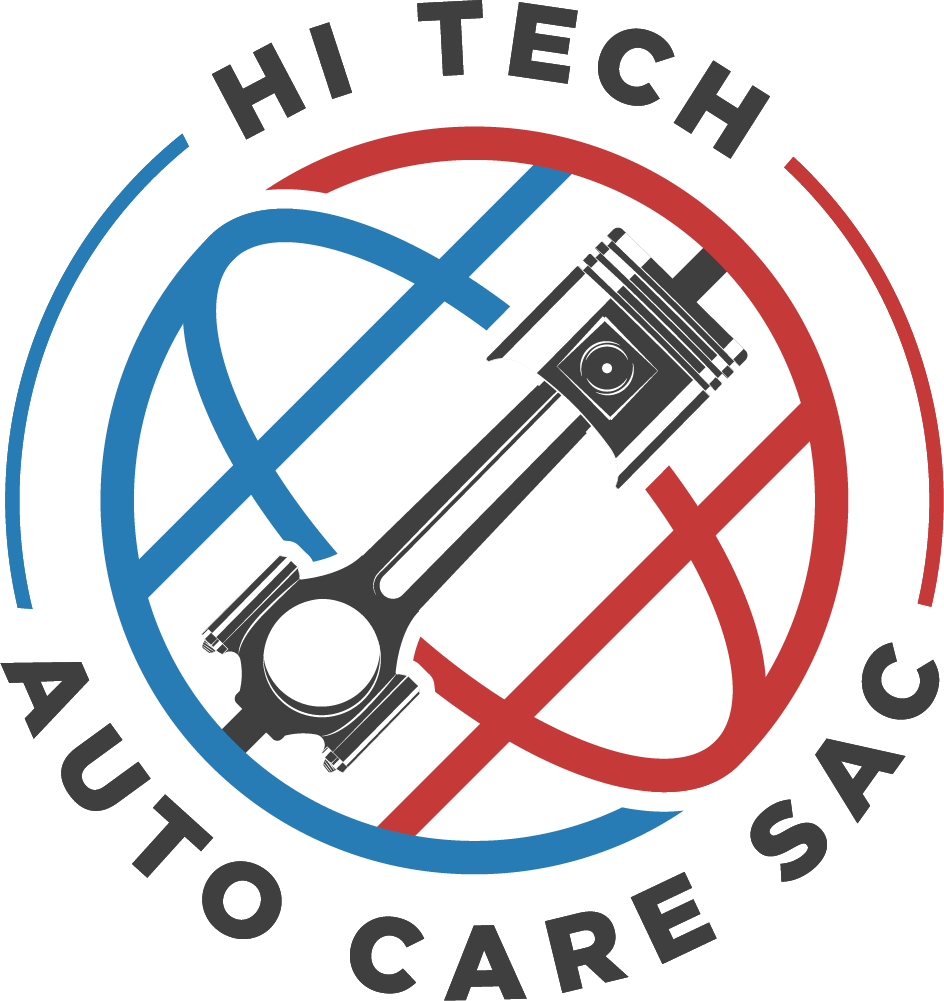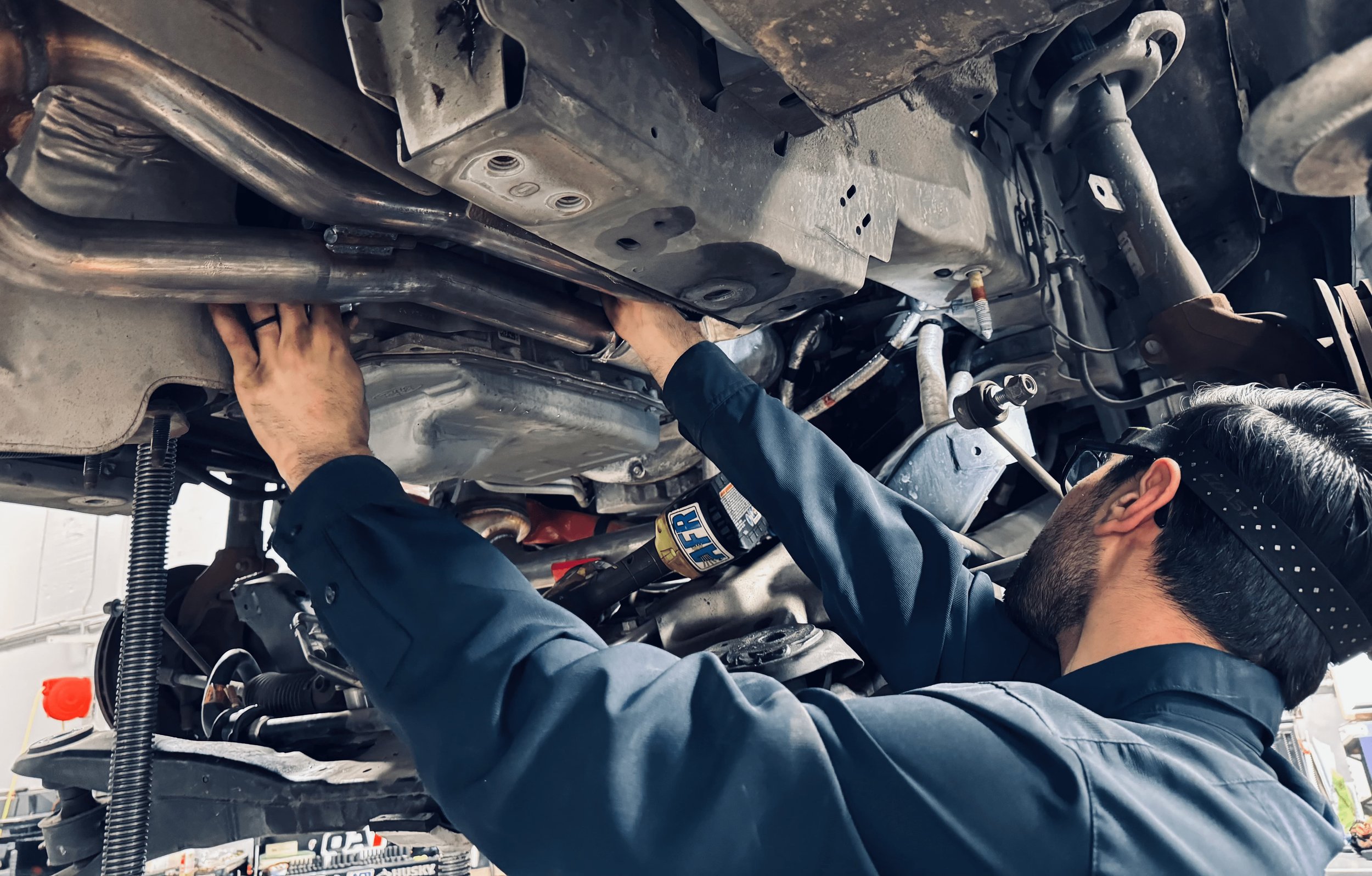
CSA (Compliance, Safety, Accountability) inspections for box trucks in California, whether they are International models or other brands, fall under the Federal Motor Carrier Safety Administration (FMCSA) regulations. These inspections are designed to ensure the safety of commercial vehicles on the road.
Key points to know about CSA inspections for box trucks in California:
Annual Inspection: All commercial vehicles, including box trucks, must undergo an annual inspection to ensure they meet FMCSA safety standards. This inspection covers various components of the vehicle, including brakes, lights, tires, steering, and more.
Roadside Inspections: Box trucks may be subject to random roadside inspections conducted by law enforcement officials. These inspections can be triggered by various factors, such as visible defects on the vehicle, unsafe driving behavior, or as part of a targeted enforcement campaign.
Inspection Levels: There are different levels of inspections, ranging from a basic Level I inspection to a more comprehensive Level VI inspection. The level of inspection will depend on the circumstances and the officer's discretion.
CSA Scores: The results of inspections are used to calculate CSA scores for both the driver and the carrier. These scores are used to identify high-risk carriers and drivers for targeted enforcement and interventions.
California-Specific Regulations: California may have additional regulations beyond the federal requirements. These regulations could include stricter emissions standards or requirements for specific safety equipment.
Where to get your box truck inspected in California:
Certified Inspection Stations: Many private mechanics and repair shops are certified to perform annual inspections. You can find a list of certified stations on the FMCSA website or through the California Department of Motor Vehicles (DMV).
State Inspection Facilities: California may have state-run inspection facilities that can perform annual and roadside inspections.
Tips for preparing for a CSA inspection:
Regular Maintenance: Ensure your box truck is well-maintained and all components are in good working order.
Pre-Trip Inspections: Conduct thorough pre-trip inspections before each trip to identify and address any potential issues.
Documentation: Keep all required documentation, such as your annual inspection report, registration, and insurance, readily available.
Cooperate with Inspectors: Be respectful and cooperative with law enforcement officers during roadside inspections.
By understanding the CSA inspection requirements and following the tips above, you can ensure your box truck is safe and compliant, and avoid unnecessary delays or penalties.
What are BIT inspections?
BIT stands for Biennial Inspection of Terminals. It's a mandated safety program in California for commercial vehicles operating with a Gross Vehicle Weight Rating (GVWR) of 26,001 lbs or more.
Purpose: BIT inspections aim to ensure the safe operating condition of commercial trucks and buses.
Frequency: Commercial vehicles must undergo a BIT inspection every 90 days.
Inspector: Inspections are performed by a certified BIT inspector, often a CHP (California Highway Patrol) officer or a mechanic with the proper license.
Inspection Components:
Vehicle components (brakes, lights, steering, suspension, etc.)
Driver documents (license, medical certificates, logs)
Company paperwork
How Hi Tech Auto Care Sac can help truck companies stay on the road:
Pre-BIT Inspections & Repairs:
Proactively identify potential issues that could fail a BIT inspection.
Perform necessary repairs and adjustments to ensure vehicles pass.
Saves time and costs associated with failed inspections and potential roadside downtime.
Routine Maintenance:
Oil changes, tire rotations, scheduled replacements based on mileage.
Keeps trucks in peak operating condition, minimizing unexpected breakdowns.
Prevents wear and tear that could lead to BIT inspection failures.
Emergency Repairs:
Available for unexpected problems that arise.
Minimize downtime and get trucks back in operation quickly.
Record Keeping:
May help with maintaining maintenance logs and service documentation.
Streamlines compliance and reporting requirements.
Additional Considerations:
Fleet Services: Some shops like Hi Tech Auto Care Sac may offer specific fleet service programs tailored to commercial trucking needs.
Convenience: A shop's location on Power Inn Rd could play a role in ease-of-access for trucking companies in the area.

